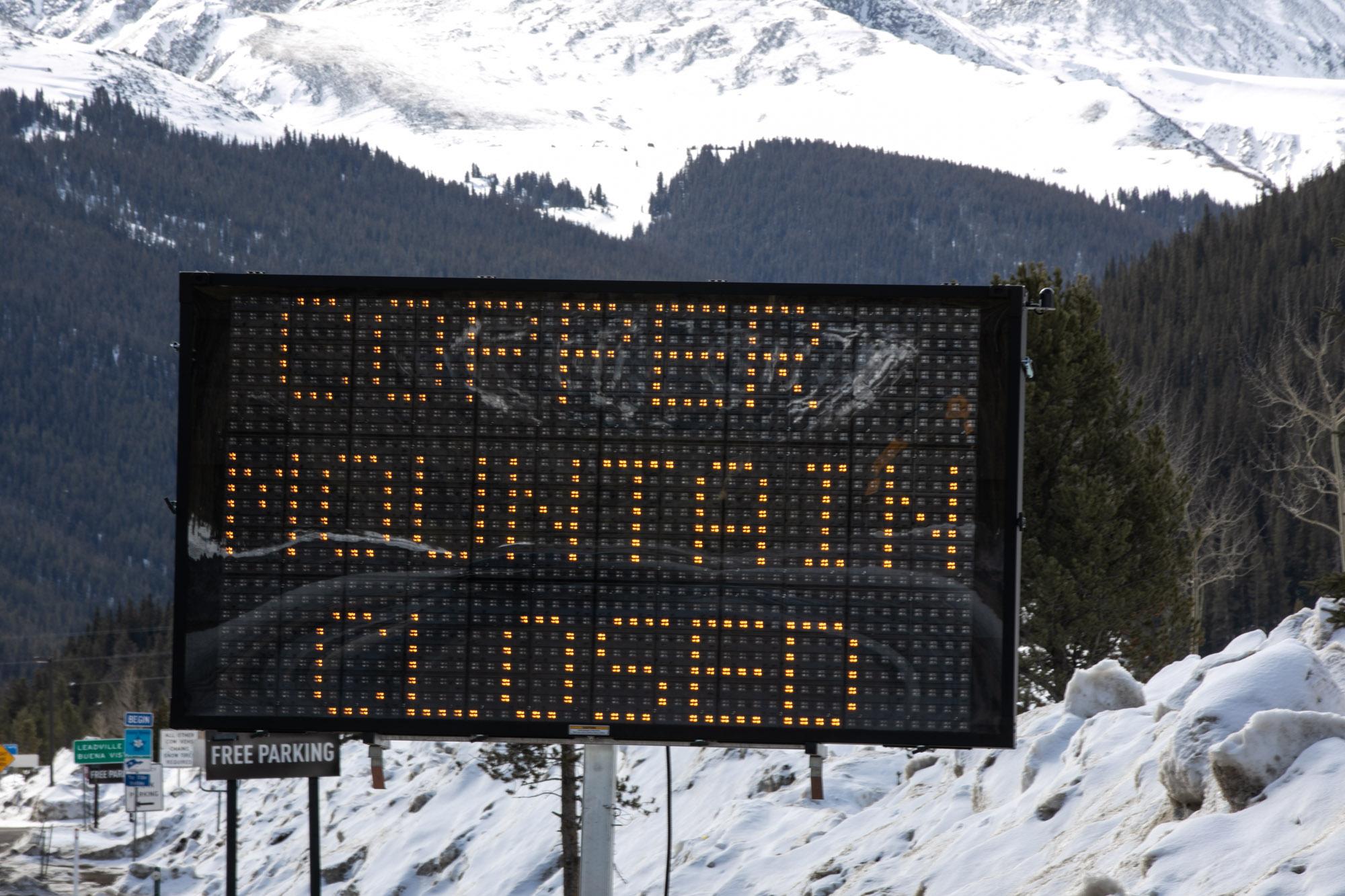
The $2.2 trillion bailout bill signed by President Donald Trump is unprecedented in its reach, containing provisions for airlines, gig workers, small businesses and taxpayers.
But one of Colorado’s key industries came up short: ski areas.
Despite an aggressive lobbying effort to try and win a suspension of lease fees the resorts pay to the U.S. Forest Service, the waiver is not in the bailout bill. That doesn't mean the effort is dead.
The industry is seeking relief from future stimulus measures, according to David Byrd, director of risk and regulatory affairs for the National Ski Areas Association.
Ski areas throughout the state were hit hard when Gov. Jared Polis ordered a shutdown mid-March to slow the spread of the novel coronavirus. March is typically one the biggest months of the year as spring break brings crowds from across the U.S. to Colorado’s slopes. The NSAA estimates the industry could take a $2 billion loss in 2020, depending on how long the crisis lasts and whether it drags into next season. Sales of season passes, which start selling in the spring, are already hurting, Byrd said.
Last year, the U.S. Treasury collected $55 million from ski operators. More than half of that came from resorts in Colorado, Byrd said. Colorado U.S. Sen. Cory Gardner has thrown his support behind the ski industry’s petition.
As the U.S. Congress weighed various stimulus measures and industry bailouts in response to the coronavirus, oversight of government funds, and whether or not aid should be conditional, was a source of tension among lawmakers.
“I don’t think it’s unreasonable that they have certain strings attached,” said Rob Goodell, general manager at Loveland Ski Area, one of the smaller operators in the Arapahoe Roosevelt National Forest, which is also home to Alterra’s Winter Park and Powdr’s Eldora Mountain Resort.
Smaller operators may have more at stake than the dominant players who are more likely to be sitting on large reserves of cash.
The Forest Service fee is tied to how much cash a company makes on everything from lift tickets and ski lessons to restaurants and bars on the mountain. The numbers aren’t broken down by operator, but large corporations like Vail Resorts pay the majority of the fees. Vail Resorts declined to comment for this story.
Critics might argue that since the fees are calculated monthly, the resorts don’t have a big bill to pay when there are no skiers, according to Andy Stahl, executive director of Forest Service Employees for Environmental Ethics. Moreover, Colorado resorts saw record snowfall during 2019 and 2020, and a corresponding boom in business that could help them offset the lean months, he said.
Most ski operators, from small operations like Loveland to behemoths like Vail Resorts, have already laid off their winter workforces. Still, suspending Forest Service fees could help areas maintain summer staffing and ease the strain heading into next season, according to Bill Jensen, CEO of Telluride Ski & Golf Resort, who said his town would typically be gearing up for a busy festival season.
“In the summer, this is a community that’s built around festivals,” Jensen said. The season starts with the Mountain Film Festival in May, he said, but the organizers canceled this year’s event.
One of summer’s annual highlights, the Telluride Bluegrass Festival, isn’t until June. It hasn’t been called off yet, but the town of roughly 2,500 is preparing for a drop in tourism for the warm-weather months.
“As you go into the summer without some sense of economic certainty, we’re going to have to run a leaner operation,” Jensen said. “I want to keep all those people employed.”
Telluride, which attracts about 500,000 skiers a year, according to Jensen, sits on 3,542 acres in the Grand Mesa Uncompahgre and Gunnison National Forests. The resort has paid about $600,000 in U.S. Forest Service fees each of the past two years, Jensen said. Preserving that cash would help pay for about 425 year-round employees, including hotel staff, mechanics and assorted other positions such as attendants at ticket windows.
At Loveland, there were 500 employees at the beginning of March, according to Goodell. Now, they are down to 80, he said. Loveland is one of the top three employers in Clear Creek County, along with the county itself and the Henderson mine, Goodell said.
“Our economic impact in this county is huge,” he said.









